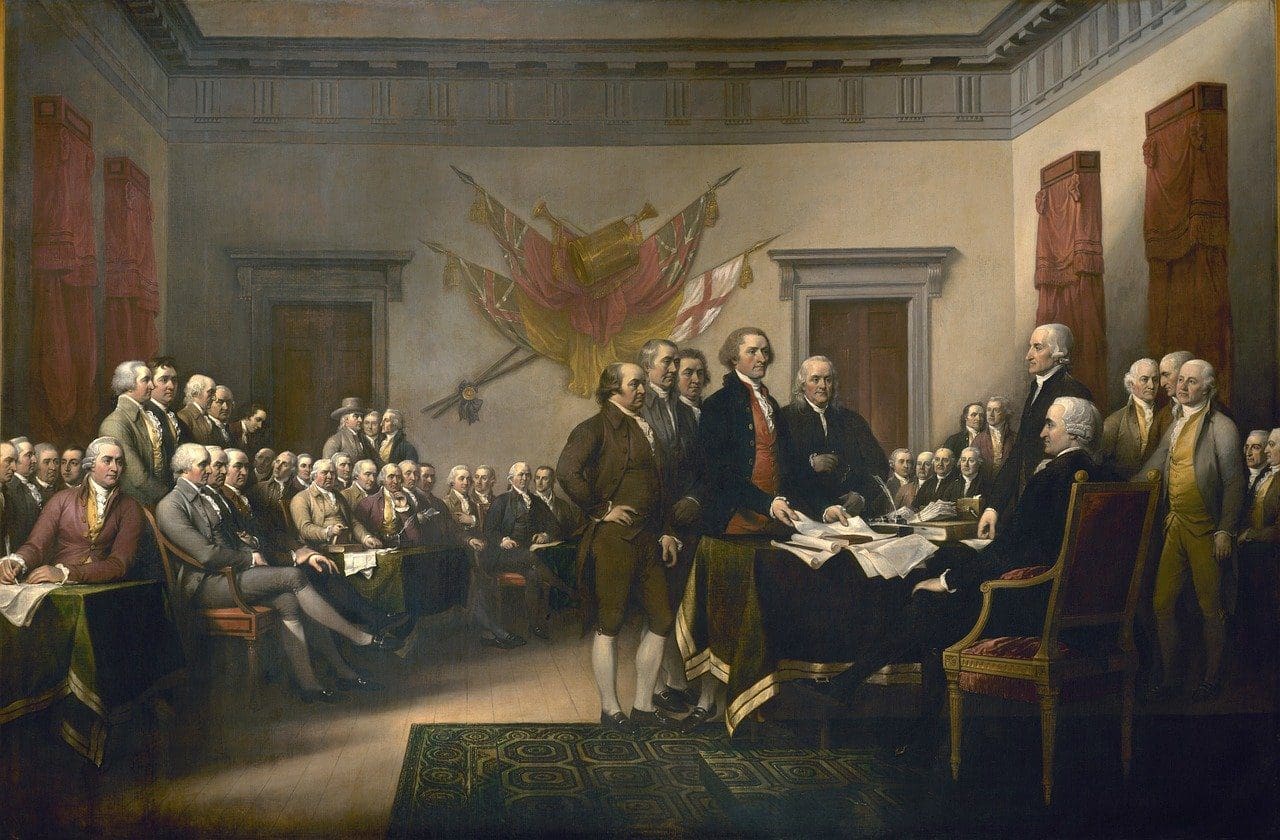We have been asked about whether House Bill 8 and House Joint Resolution 8 will be scored on the Fiscal Responsibility Index. At this time, they will not be. Let me explain why.
In essence, the measures change the calculation by which the Economic Stabilization Fund (aka “rainy day fund”) is considered full, and then specifies where any spill-over dollars go. This measures are on the calendar for consideration by the full Texas House on Tuesday.
As it stands, the measures have the laudatory benefit of seeking to reduce state debt. However, the mechanism does not seem firmly footed. One way the measure could be improved would be by requiring certification by the state comptroller that payments would indeed reduce the state debt burden earlier than anticipated.
Here’s a bigger problem. As HB8 is currently written, it goes into effect whether or not HJR8 (a constitutional amendment) is adopted by voters. This potentially means that if voters reject HJR8, or it fails to garner enough support to go on the ballot, HB8 would send “excess” ESF money directly into the general revenue fund rather than towards debt retirement.
As an example of a perfecting amendment, someone could tie implementation of HB8 to voter approval of HJR8 or a similar constitutional amendment, which is common practice.
Lastly, our preference would be for HB8 and HJR8 to instead dedicate excess ESF payments to providing tax relief to Texans. Again, true early retirement of debt is a smart governing move, as would be using excess ESF dollars to shore up the state’s various pensions systems.
As I noted, we are currently neutral on HB8 and HJR8. However any amendments that either weaken or strengthen/improve the measures could be included on the Fiscal Responsibility Index. If such amendments are adopted, we would similarly include HB8 and HJR8 on the Index.





